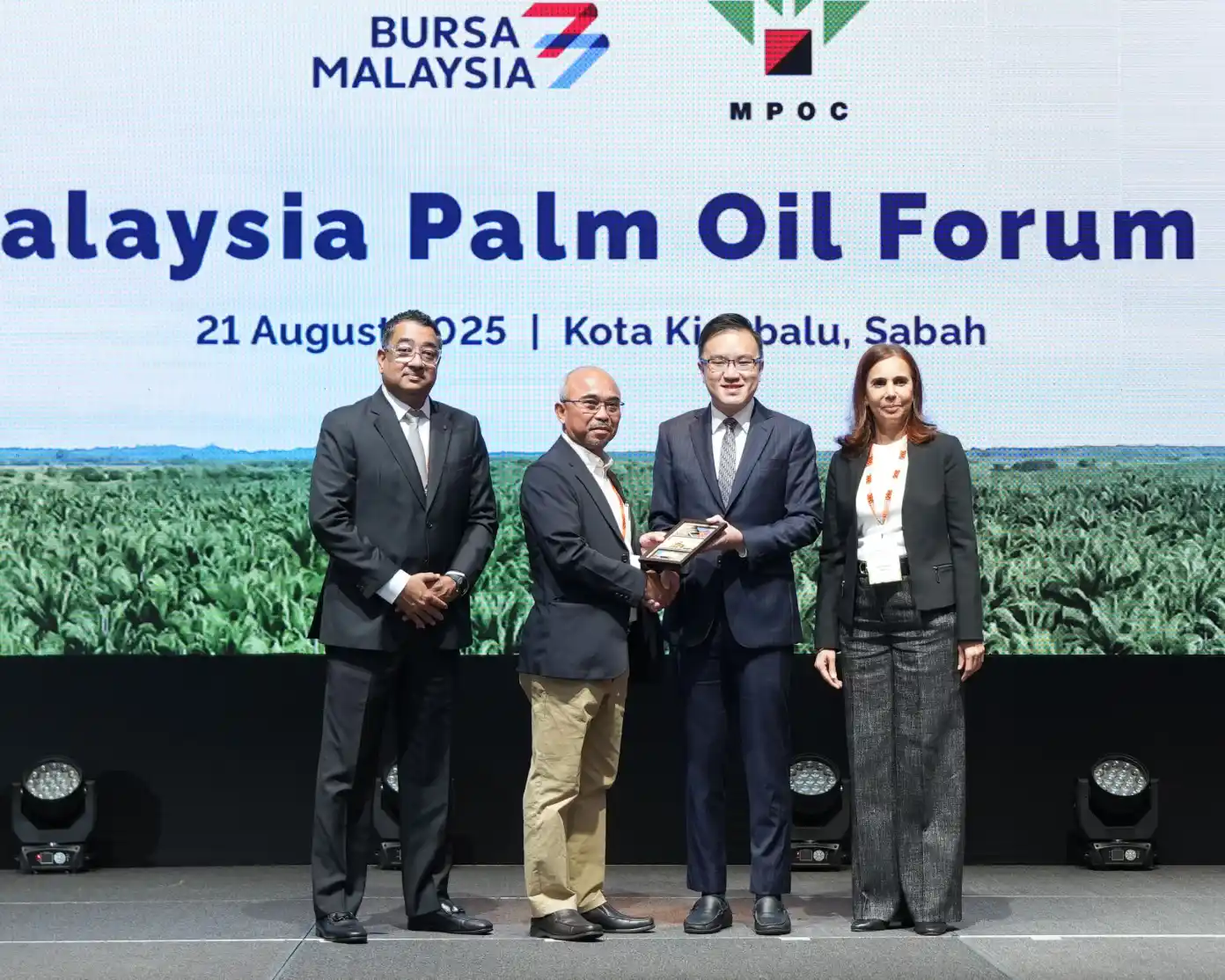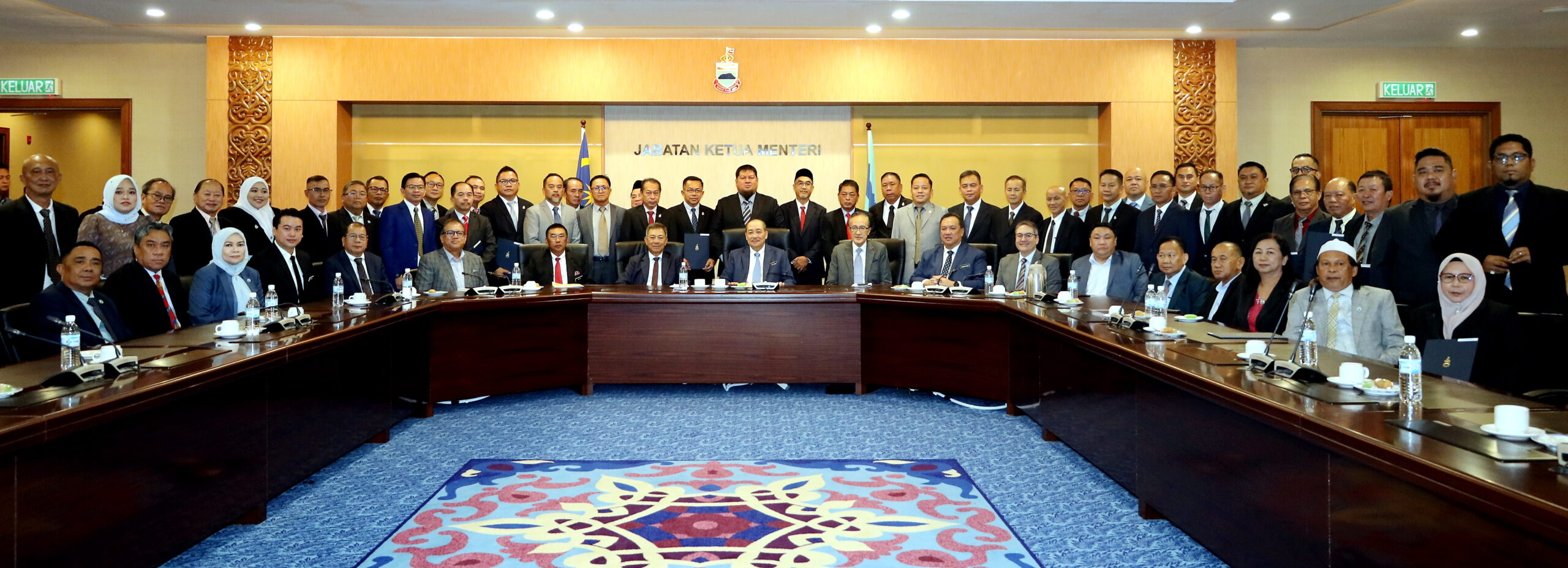More than 30,000 Smallholders in Oil Palm Plantations Achieved MSPO Certification
Sabah’s 30,000 smallholders covering 191,000 hectares of plantation in the oil palm industry has achieved a certification rate of 97 per cent as of 2025 for the Malaysian Sustainable Palm Oil (MSPO) certification, one of the highest ratios in the country. "This achievement underscores our collective progress and the importance of continued collaboration between government agencies, industry players, and smallholder communities," Chief Minister Datuk Seri Panglima Haji Hajiji Haji Noor said at the East Malaysia Palm Oil Forum (EMPOF2025) on 21 August 2025 at the Marriot Hotel, Kota Kinabalu.
“We must push toward 100 per cent inclusion, in the face of evolving global standards; environmental integrity; market pressures; and global pressure for deforestation-free supply chains. We must advance our certification and traceability efforts to maintain our continued recognition and credibility among key stakeholders, domestically and internationally and especially for independent smallholders who account for 27 per cent of Sabah's production.” Datuk Phoong Jin Zhe, Minister of Industrial Development and Entrepreneurship, delivered CM’s speech.
Sabah has 1.48 million hectares under oil palm cultivation with annual output of 4.2 million metric tonnes of crude palm oil (CPO). Sabah and Sarawak accounted for over 55 per cent of the country's total oil palm planted areas. Malaysia is the world's second-largest palm oil producer and a leading source of a sustainable and responsibly managed supply chain. In response to the need for proactive and innovative action, the State Government has adopted a transformative solution in 2015 known as the Jurisdictional Approach for Sustainable Palm Oil (JASPO) with the aim of achieving 100 per cent certified sustainable palm oil production by 2030.
JASPO allows all players in the palm oil value chain to work together under a unified framework, and it aligns Sabah's direction with national and international standards such as MSPO, RSPO, and the EU Deforestation Regulation (EUDR). "Our success in the certification journey is a testament to our shared commitment to balancing economic development with environmental stewardship and social progress," Hajiji said.
“The palm oil industry has impacted and sustained the livelihoods of 300,000 Malaysians and supports 85,000 smallholders. It has shaped and reshaped the rural landscape, bringing with it the vital infrastructure, from improved roads and schools to clinics and digital connectivity. We must continue to collaborate and to pursue innovation, uplift rural communities, and preserve our environment for present and future economic progress.” Through strategic investment, strong governance, and continued engagement with stakeholders, the industry will continue to thrive and build a future-ready palm oil sector that benefits Malaysia but the world, Hajiji added.




